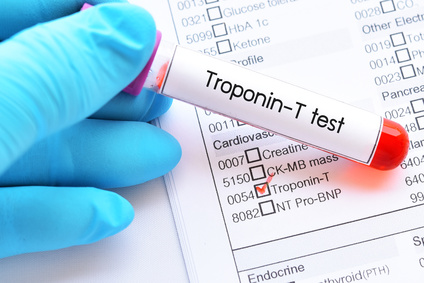Stroke and heart disease often occur together. Heart disease and abnormal heart rhythms can both cause a stroke, and together, stroke and heart conditions are the top two causes of death in Germany. In many people who have a sudden stroke, damage to the heart can be seem within the first hours and days afterwards. This is seen by increased levels of a protein called troponin in their blood, normally measured after a suspected heart attack. Those who have higher troponin levels after their stroke have poorer recoveries and higher death rates.
"Around 30 percent of all people who have a sudden stroke have elevated troponin levels in their blood, and these people are also more likely to die. How these people can best be treated is currently completely unclear," says Prof. Dr. Matthias Endres, Director of the Clinic for Neurology at the Charité and Head of the Center for Stroke Research in Berlin.
Principal investigator Prof. Dr. Ulf Landmesser, Director of the Clinic for Cardiology on Campus Benjamin Franklin, adds: "We know from preliminary work that around 25 percent of stroke patients with elevated troponin levels have heart disease that requires treatment, the so-called acute coronary syndrome".
The aim of the PRediction of Acute coronary syndrome In acute ischemic StrokE (PRAISE-DZHK19/DZNE B001) study is to establish a way to predict who is likely to have acute coronary syndrome or a heart attack after their stroke. The results will influence guidelines for the treatment of sudden stroke and acute coronary syndrome.
Study: Prediction of Acute Coronary Syndrome in Acute Ischemic Stroke PRAISE-DZHK19 I DZNEB001
Press contact:
Christine Vollgraf, Public Relations Officer, German Centre for Cardiovascular Research (DZHK), phone: + 49 (0)30 3465 529 02, presse(at)dzhk.de

